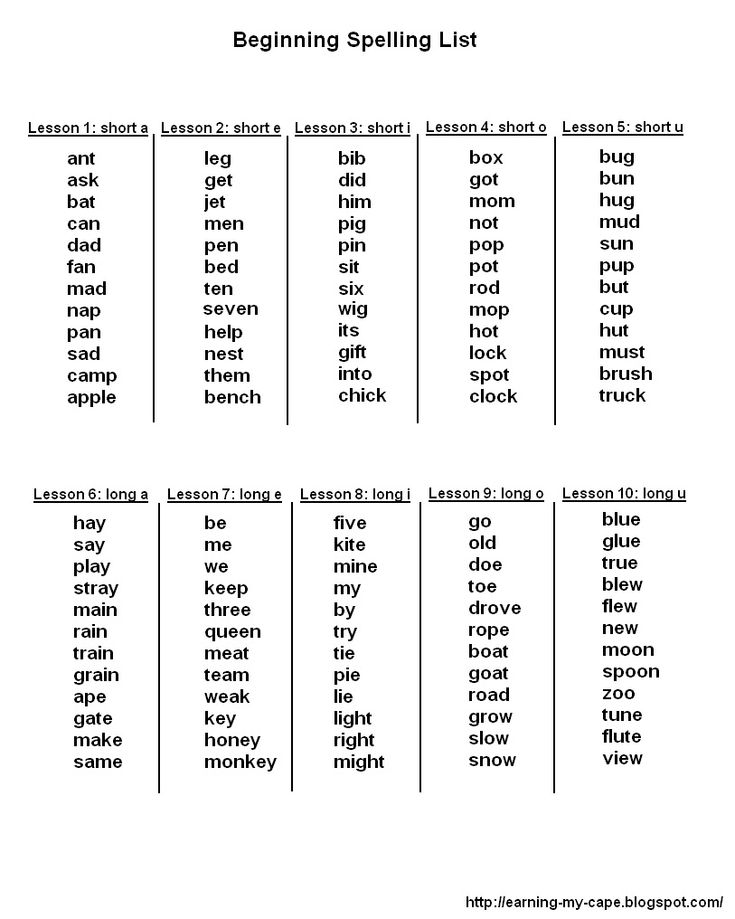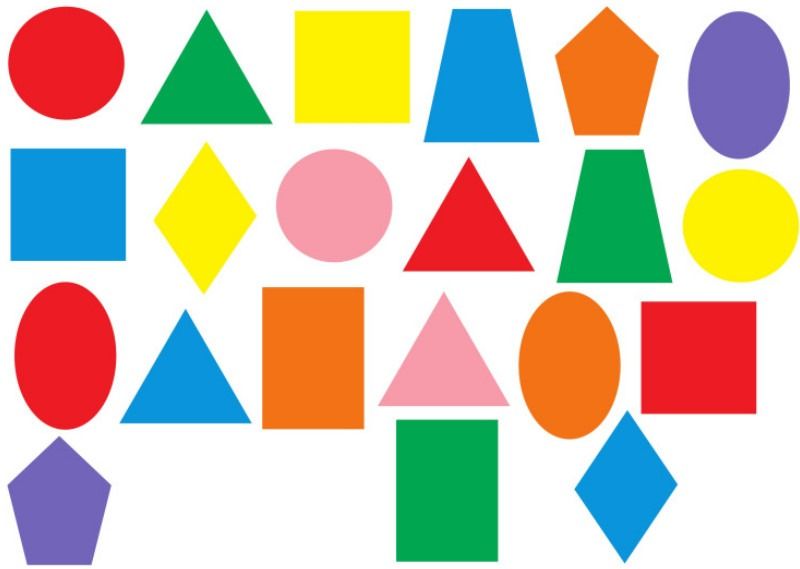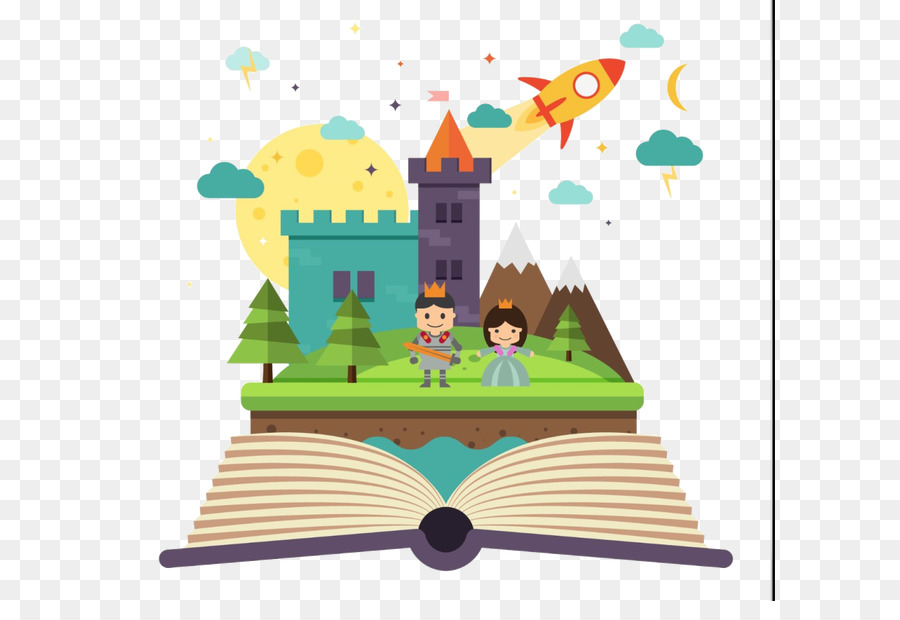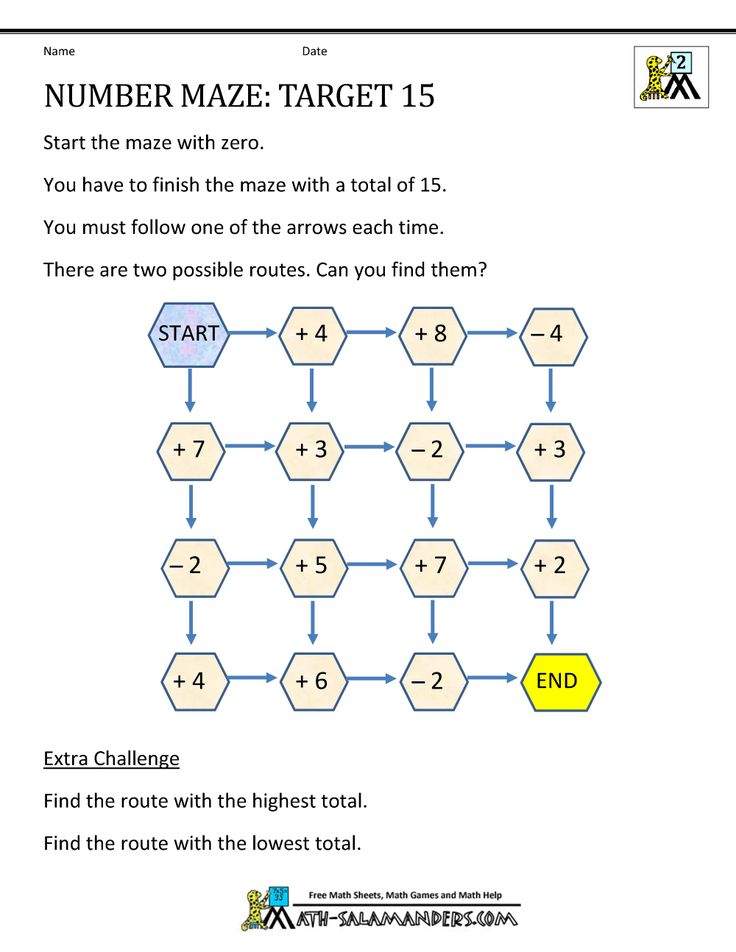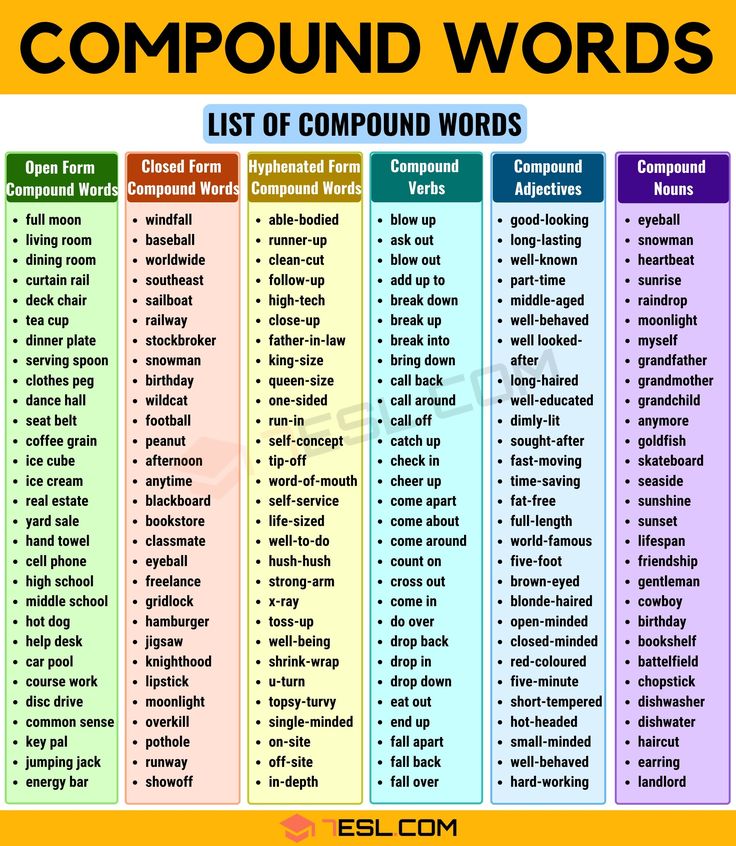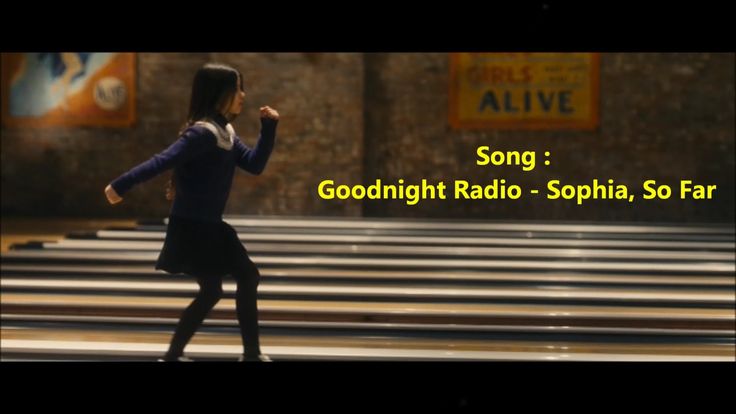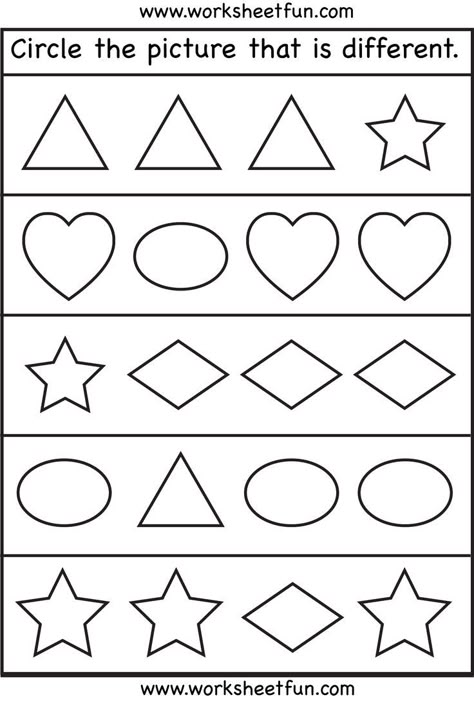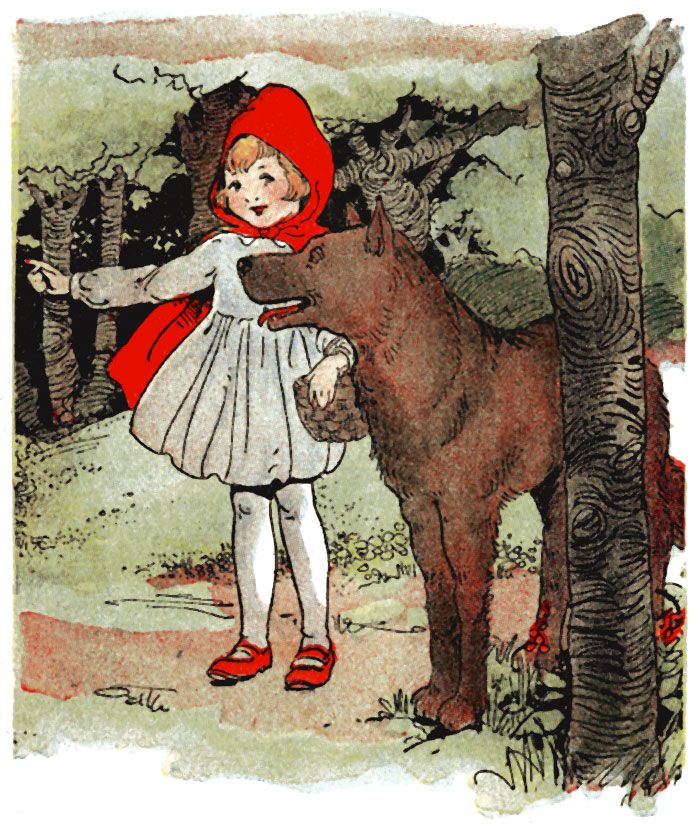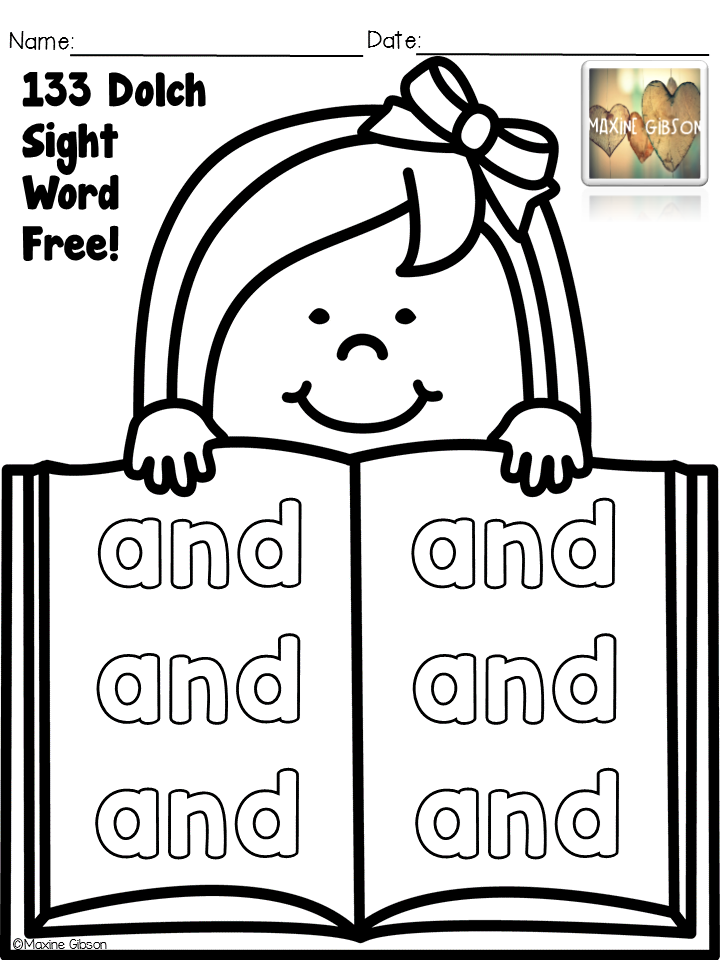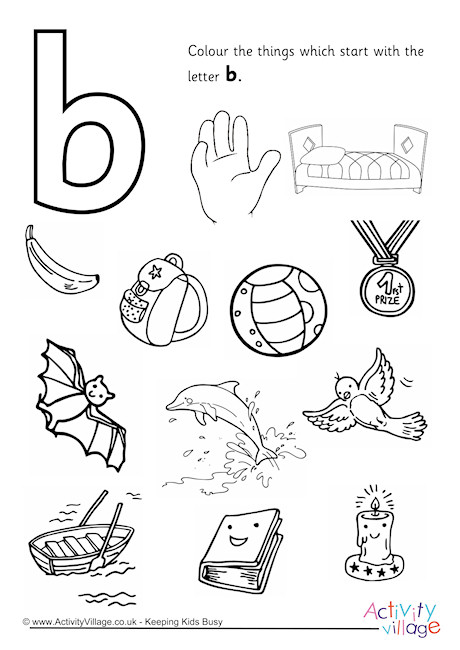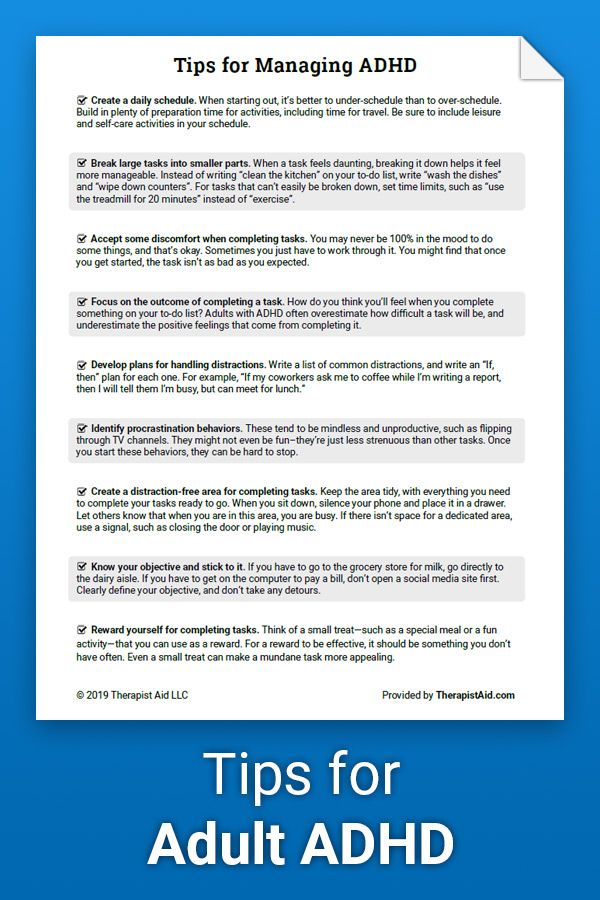Short and long vowels words list
Long Vowel Sounds: Word Lists & Activities
Phonics | Spelling
ByDelilah Orpi
This post may contain affiliate links, and I will earn a commission if you purchase through these links. Please read the disclosure policy for more details.
Sharing is caring!
- Share
- Tweet
In this post, I’m breaking down long vowel sounds (or long vowel words) to help you teach them when working with struggling readers and spellers.
Looking for long vowel word lists? Download all 5 of my pdf long vowel sounds word lists in my freebies library by joining my email list below.
What is a long vowel sound?
Long vowel sounds are vowels that are pronounced the same as their name. You’ll often hear teachers say that long vowels “say their name”.
Long vowels are very common but they can be tricky because there are so many spellings for each long vowel sound.
There are actually 4 ways to make long vowel sounds:
- Vowels at the end of a syllable make the long sound.
For example, in the words me and halo (ha-lo) the vowels are all at the end of a syllable so they make the long sound.
- Silent e makes the previous vowel long. The words bike and phone have a silent e at the end that makes the previous vowel long.
- Vowel teams can make the long sound. Vowel teams work together to make one sound, and usually, it’s a long vowel sound. For example, boat and meat both have vowel teams that make the long sound.
- I or O can be long when they come before two consonants. In words like cold and mind, i and o make a long vowel sound.
Long Vowel Words
Long vowel sound words are words that have vowels that say their name.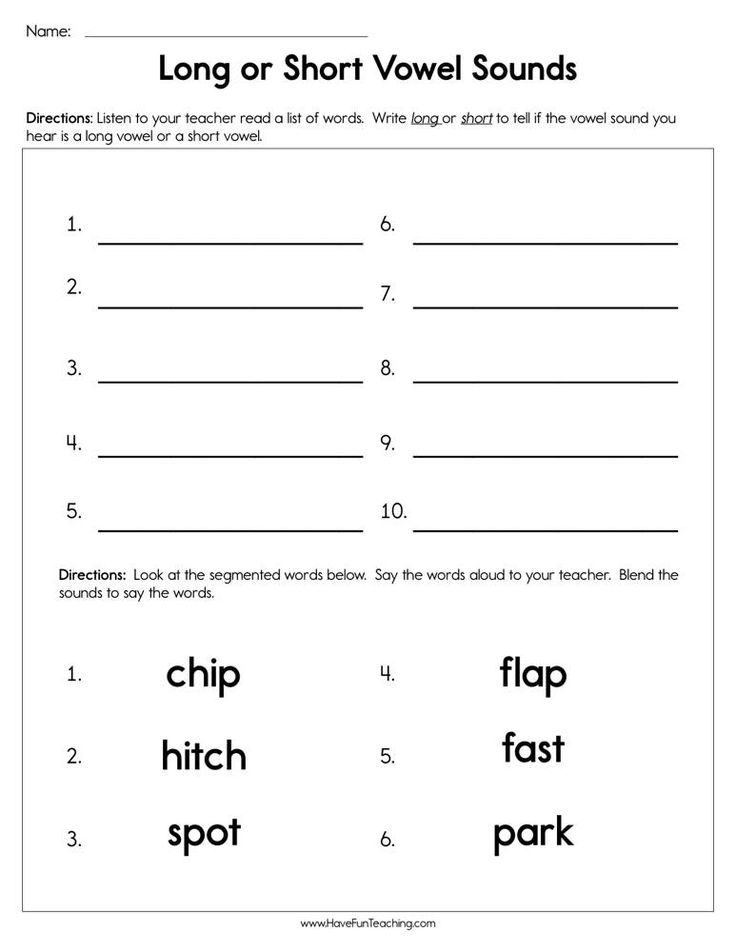 Below are a few examples:
Below are a few examples:
- Long a – baby, cake, rain, day, they, weigh
- Long e – me, eve, hear, meet, piece, candy
- Long i – silent, bike, light, my
- Long o – go, home, toe, boat, snow
- Long u – music, mule, pew, feud
Long A Sound
The long a sound can be represented by 8 different spelling patterns:
- a – baby
- a_e – cake
- ai – rain
- ay – play
- ei – reindeer
- eigh – weight
- ea – steak
- ey – they
Learn more about teaching the long a sound here, and check out my Long A Words Activities & Worksheets for printable activities.
Long E Sound
The long e sound can be represented by 8 different spelling patterns:
- e – be
- e_e – eve
- ee – meet
- ea – beach
- ei – protein
- ie – piece
- ey – key
- y – candy
For ideas, tips, and tricks when teaching the long e sound, read this post all about teaching the long e vowel sound, and check out my Long E Words Activities & Worksheets
for printable activities.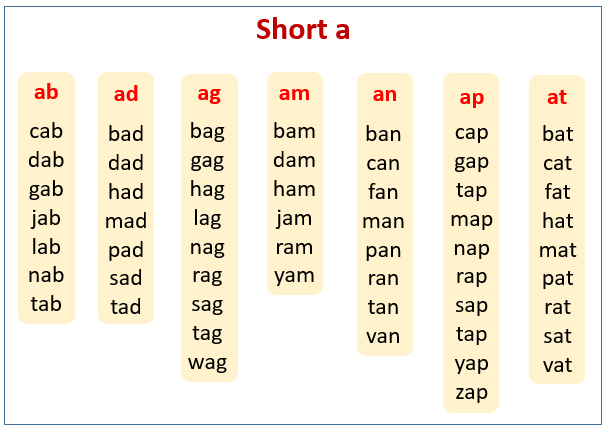
Long I Sound
The long i sound can be represented by 6 different spelling patterns:
- i – silent
- i_e – shine
- ie – pie
- igh – light
- y – my
- y_e – type
You can learn more about teaching the long I sound in this post. And check out my Long I Worksheets set in my shop for printable activities on the long i sound.
Long O Sound
The long o sound can be represented by 5 different spelling patterns:
- o – go
- o_e – phone
- oe – toe
- oa – boat
- ow – snow
You can learn more about teaching long o words and check out my long o worksheets.
Long U Sound
The long u has two sounds: yoo (/y/ /oo/) and oo (/oo/).
The long u sound can be represented by 7 different spelling patterns:
- u – music
- u_e – mule
- ue – rescue
- eu – feud
- ew – few
- oo – food
- ou – soup
Learn more about teaching the long u sound here.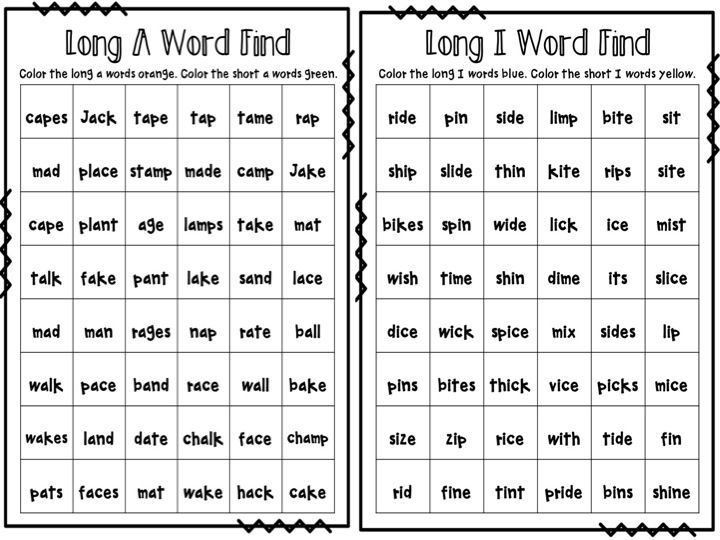
Tips for teaching the long vowel sounds
Teach one spelling pattern at a time!
I don’t mean one vowel sound, but just one spelling pattern. So for example, if you’re working on long a, you would work on the spelling pattern a silent e (cake, same, cave) until students have mastered it, then move on to ai, and so on. You should not be teaching multiple spelling patterns together, even though they make the same sound.
I know that most programs out there combine all the long vowel sound spelling patterns into one lesson, especially in spelling lists, but this does not work for struggling readers. You need to break it down for them and only do one at a time.
Teach the syllable types.
Because syllables have a lot to do with whether vowels make the short or long sound, if students do not already know the 6 syllable types then teach them along with the long vowel sound.
Here are resources for each syllable type:
- closed syllable
- open syllable
- final silent e syllable
- vowel team syllable
- r combination syllable
- consonant le syllable
Use a variety of activities to practice each spelling pattern.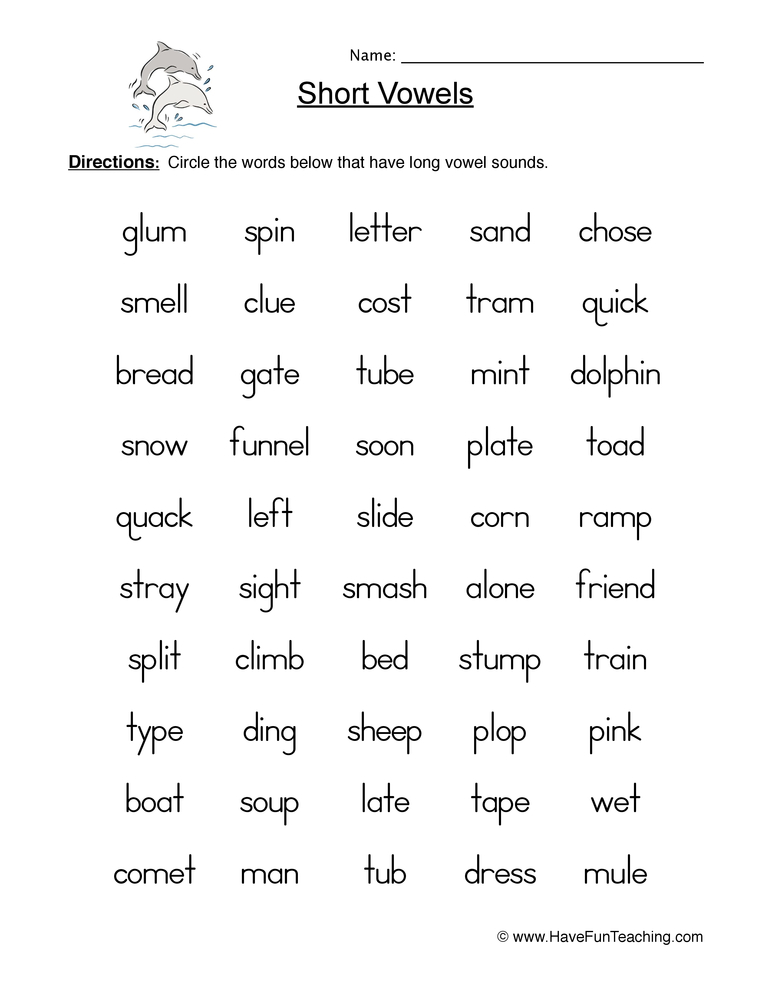
Games, dictation, word sorts, memory or matching with flashcards, word hunts, textured writing, body spelling, and bingo are all fun ways to practice the long vowel sounds.
The main activity that is often overlooked is dictation. It seems so simple but the task involves listening to a word, deciding on the spelling, and transferring that info to written form. These are all skills that struggling readers need to practice.
Teach the spelling generalizations.
Some of the long vowel spelling patterns are spelling rules that make it easy to remember.
For example, ai is usually found at the beginning or middle of a syllable, and ay is usually found at the end of a syllable. [Examples: rain, aim, play, daytime]
Here is another example with long o: oa is usually found at the beginning or middle of a word, and ow is usually found at the end. [Examples: boat, coach, snow]
Long Vowel Word List
I made these word lists to help teach the long vowels.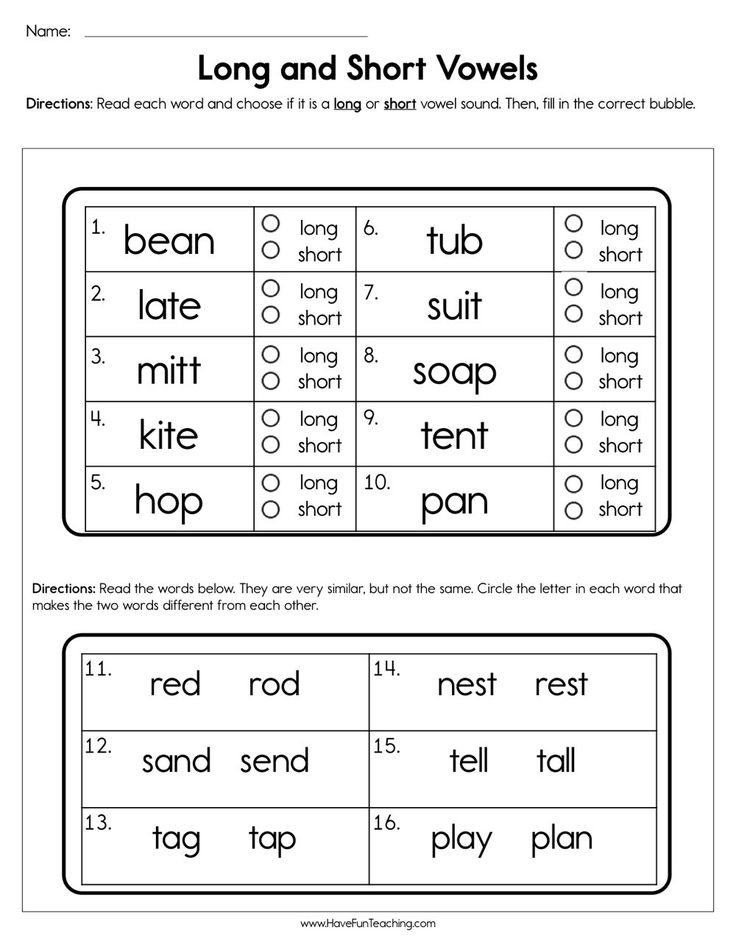 I find it handy to have these on hand when playing phonics games or planning activities for long vowel lessons.
I find it handy to have these on hand when playing phonics games or planning activities for long vowel lessons.
Grab them for free below!
Visit my Teachers Pay Teachers shop to see all my literacy products.Want to remember this? Save Long Vowel Sounds: Word Lists & Activities to your favorite Pinterest board!
Sharing is caring!
- Share
- Tweet
Delilah Orpi
Delilah Orpi is the owner and founder of Thrive Literacy Corner. She has a Bachelor's degree in Special Education, a Master's degree in TESOL, and is a member of the International Dyslexia Association. She is an experienced educator and literacy specialist trained in Orton Gillingham and Lindamood Bell. Delilah creates literacy resources for educators and parents and writes to create awareness about dyslexia and effective literacy instruction based on the science of reading.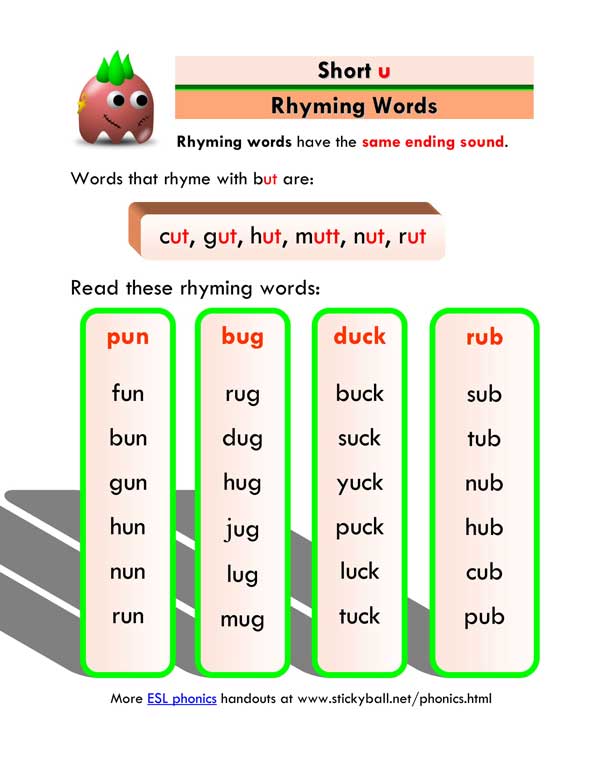
Similar Posts
Phonics | Reading Comprehension | Spelling
How To Set Up Literacy Blocks That Align With the Science of Reading
ByDelilah Orpi
Since I have written about the science of reading, heart words, and explicit phonics instruction, so many of you have reached out and asked, “so how do I set up my literacy block and work with students in small groups?” I know it can be overwhelming learning that what you’ve been doing needs to change,…
Read More How To Set Up Literacy Blocks That Align With the Science of ReadingContinue
Parents | Phonics
Structured Literacy And How It Compares to Balanced Literacy
ByDelilah Orpi
When it comes to teaching reading, there are two main approaches: structured literacy and balanced literacy.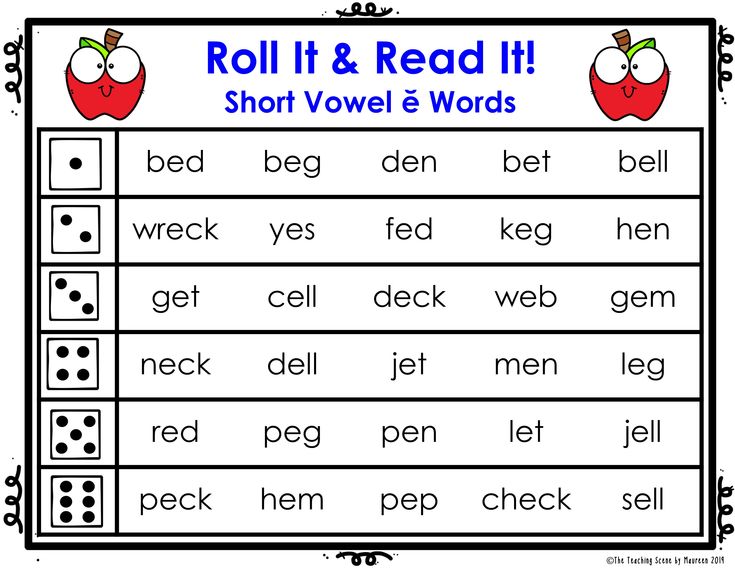 While both methods have their pros and cons, it can be tough to decide which is the best for your classroom or child. In this blog post, we’ll break down the key differences between these two approaches and share…
While both methods have their pros and cons, it can be tough to decide which is the best for your classroom or child. In this blog post, we’ll break down the key differences between these two approaches and share…
Read More Structured Literacy And How It Compares to Balanced LiteracyContinue
Phonics
How To Teach The Long A Sound
ByDelilah Orpi
Long a is another tricky sound to teach because it has many different ways to spell it. This one only has two spelling generalizations so many will depend on memory and practice. I’m going to break down each of the eight ways to spell the long a sound to help you understand and teach long…
Read More How To Teach The Long A SoundContinue
Phonics
The Many Jobs of Silent E
ByDelilah Orpi
Did you know that silent e does more than just make the previous vowel say its name? In fact, a final silent e has 6 other jobs in addition to this! I didn’t know about these other jobs but once I learned, it made so much sense.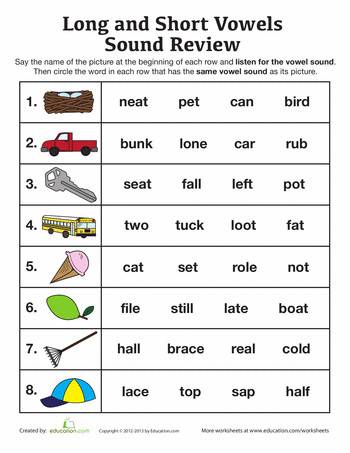 Hopefully, this overview helps you understand the other…
Hopefully, this overview helps you understand the other…
Read More The Many Jobs of Silent EContinue
Phonics | Reading Comprehension | Spelling
Highly Effective Dyslexia Interventions and Programs
ByDelilah Orpi
With dyslexia being estimated as occurring in 1 out of 5 students in a typical classroom, you might be looking for some effective dyslexia interventions and programs. Before explaining strategies you can use to help dyslexic students, you should really understand dyslexia. It is a language-based learning disability that will require a multisensory, structured language…
Read More Highly Effective Dyslexia Interventions and ProgramsContinue
List of Short Vowel Words
The English language provides a list of short vowel words that seem to be never ending.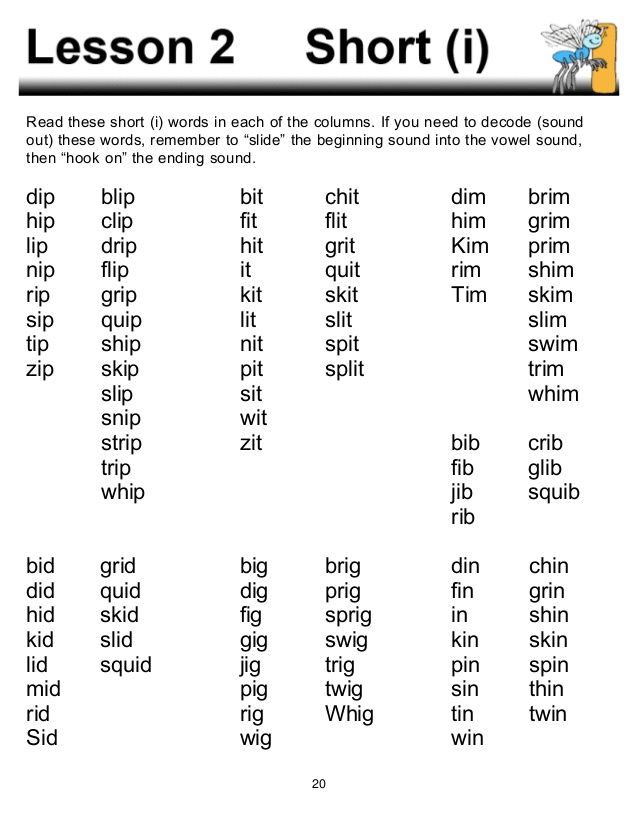 A short vowel word is any word that doesn't allow the vowel within it to generate that vowel's long vowel sound.
A short vowel word is any word that doesn't allow the vowel within it to generate that vowel's long vowel sound.
List of Short Vowel Words
For example, the word "bug" is a short vowel word because there's no long "U" sound. A word doesn't necessarily have to have three letters to be a short vowel word, but it makes for the easiest example and three-lettered words make up the bulk of any list of short vowel words. Let's take a look.
Advertisement
Short Vowel Sounds in Words
Here's the reason why words with only three letters typically make the short vowel sound. Three letters usually don't allow for a second vowel to force the long vowel sound out. Exceptions include words like "bee" or "tea."
These words use a second vowel to force the long vowel sound from the first one, while other words like "ant" or "mat" use the placement of consonants to force a short vowel sound.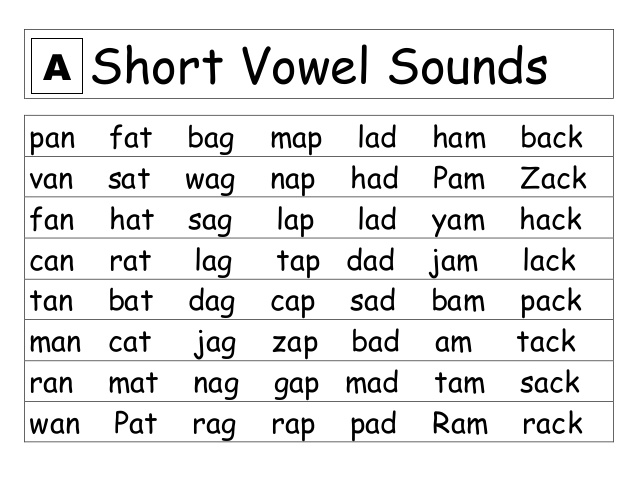
But, here's an important point to keep in mind. The words listed below are short vowel sounds, not short vowel spellings. That is, just because a word is short, doesn't mean it will automatically have a short vowel sound. And vowel as written doesn't always correspond with the sound it makes. Take the word "pretty." The E is sounded like a short I, and the Y is sounded like a long E. Phonetically, it sounds more like "prit-tee," not "pret-tai."
Likewise, we can't assume a long word will automatically have a long vowel sound. Let's look at the word "business." The U and E in "business" are also sounded like a short I, and the I is silent altogether. Phonetically speaking, we don't pronounce it "buss-eye-ness." It's more like "biz-niss." With that in mind, let's explore more short vowel words, sorted by letter.
Short "A" Words
The short A sound is what you hear in words like "bat" or "map." Here are some other great examples of words with the short A sound.
act | apt | ask | bat | bad | bag | cat |
cap | cab | dad | dab | Dan | fan | fat |
fad | gap | gab | gal | gas | ham | has |
had | hat | jab | jam | lab | lad | lag |
lap | man | mad | mat | map | nap | pan |
Pam | pad | pal | ran | ram | rag | rat |
Sam | sad | sag | sat | sap | tab | tan |
tad | tag | tap | van | vat | yam | zap |
Advertisement
Short "E" Words
The short E sound is what you hear in words like "gem" or "hem.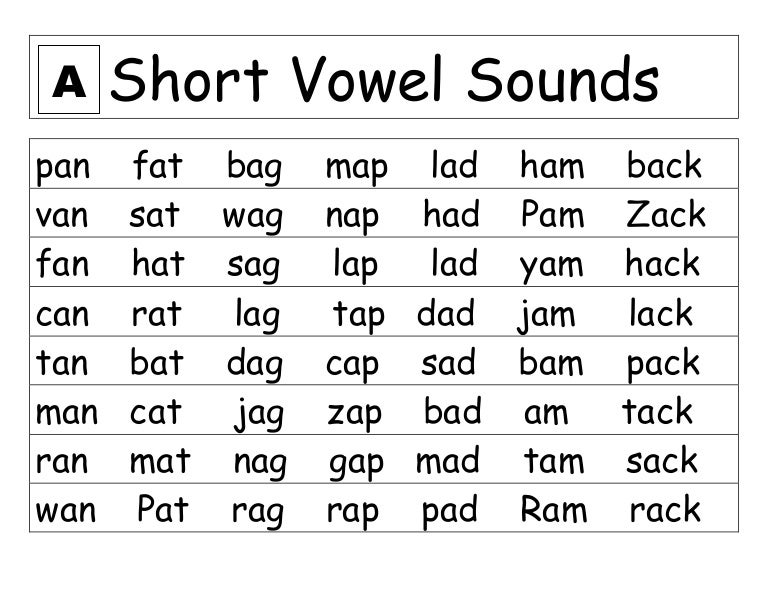 " Here are some other great examples of words with the short E sound.
" Here are some other great examples of words with the short E sound.
ben | bed | beg | bet | den | fed |
gem | get | gel | hen | hem | jet |
keg | led | leg | let | men | met |
net | pen | peg | pet | red | set |
ten | Ted | vet | yet | wed | wet |
Short "I" Words
The short I sound is what you hear in words like "dim" or "fib." Here are some other great examples of words with the short I sound.
bin | bid | big | bit | dim | did |
dig | dip | fin | fig | fit | gin |
gig | him | his | hid | hit | hip |
jib | jig | kin | kid | kit | lid |
lit | lip | nip | pin | pig | pit |
rim | rid | rig | rip | sin | sit |
sip | tin | tip | win | wit | zip |
Short "O" Words
The short O sound is what you hear in words like "con" or "nod. " Here are some other great examples of words with the short O sound.
" Here are some other great examples of words with the short O sound.
bog | bop | con | cod | cog | cot |
cop | don | dog | dot | fog | god |
got | hog | hot | jog | jot | lob |
log | lot | lop | mob | mom | mop |
nod | not | odd | pod | pop | pot |
rod | rot | sod | Tom | tot | top |
Short "U" Words
The short U sound is what you hear in words like "bus" or "hum." Here are some other great examples of words with the short U sound.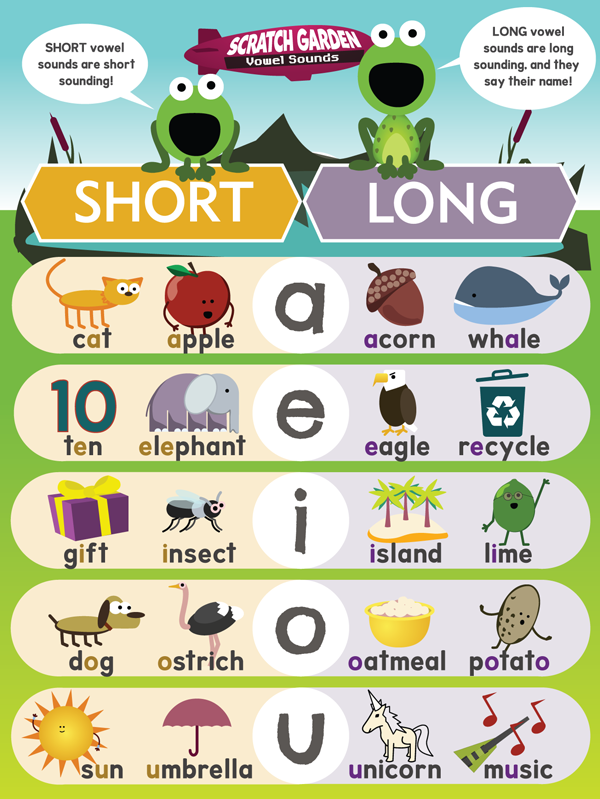
bun | bum | bus | bud | bug | but |
cud | cut | cup | dug | fun | gun |
gum | Gus | gut | hum | hug | hut |
jug | jut | lug | mug | nun | nut |
pun | pug | pup | rub | run | rum |
rug | rut | sub | sun | sum | tug |
View & Download PDF
Advertisement
Using Short Vowel Sounds
Though the above list of words with short vowels is incomplete, you can use it to understand the basic usage for the short vowel sounds. These short vowel sounds are often used in larger words as well.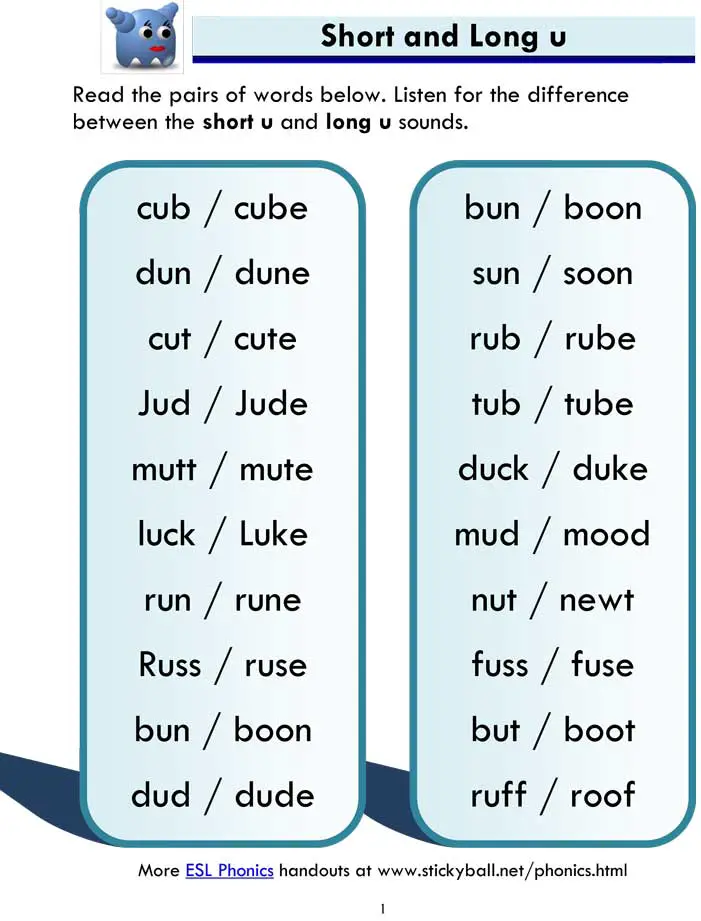 You might see them in words that also contain long vowel sounds, or even in two-lettered words, like "in," "it," and "at." Longer words, such as "magistrate" or "fascinate," use both short long vowel sounds.
You might see them in words that also contain long vowel sounds, or even in two-lettered words, like "in," "it," and "at." Longer words, such as "magistrate" or "fascinate," use both short long vowel sounds.
Some words use the short vowel sound and the long vowel sound, depending on the tense of the word. Words like "read," for example, are pronounced as the long vowel sound when the tense is present. For example, "We are reading this list of short vowel words."
However, when the tense is changed from present to past tense, the long vowel sound is taken away and the short vowel sound is introduced in the same word. For example, "I read the list of short vowel words, and understand much better now."
Pronunciation Pros
If you're teaching short vowel sounds to little learners, practice makes perfect. If you're teaching ESL students, here are some tips and resources for teaching ESL pronunciation. And, when you're ready for the flip side of the coin? Take a look at these examples of long vowel words too.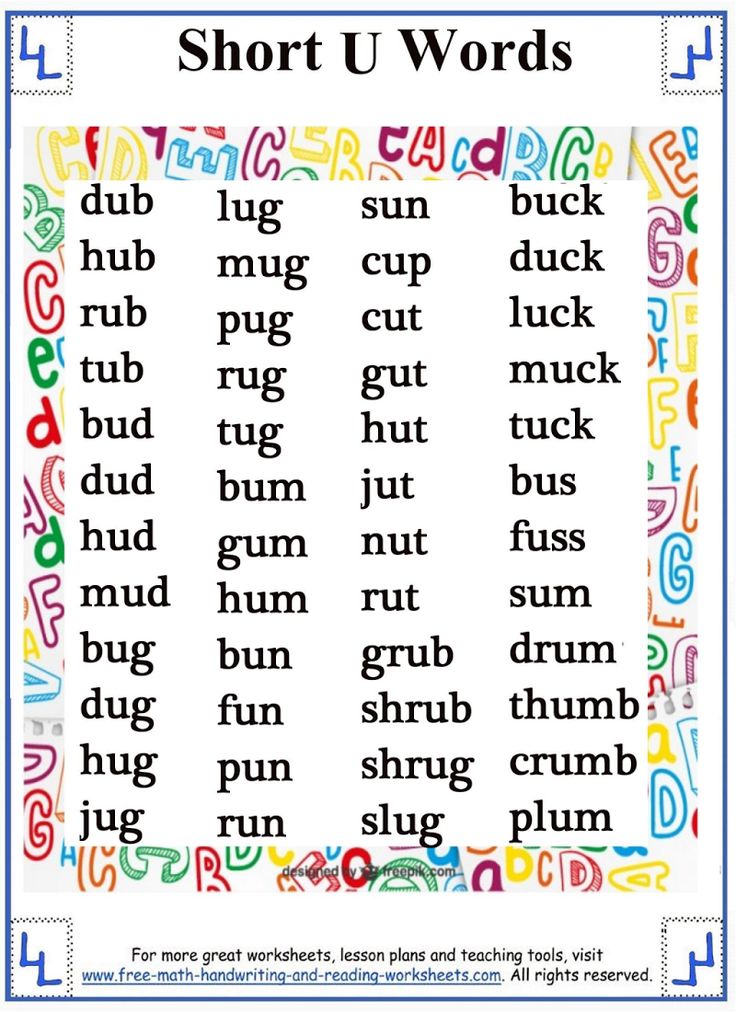 You might also want to explore when "y" is a vowel.
You might also want to explore when "y" is a vowel.
Pronunciation of long and short English vowels
If there is the most terrible beast in English phonetics, then for the vast majority of us it is English vowel sounds, or rather their duration. The main reason long and short vowels in English give us so much trouble is simple - we don't understand them. We do not understand how to pronounce them correctly and how to confidently distinguish them in speech. We can be understood, because the duration of the sound is a subjective thing. Do not measure it with a stopwatch! Do the British themselves rely solely on the duration of the sound? Of course not!
Struggling for quality
First, all English vowels differ qualitatively. For a beginner, this difference may not be obvious, however, the more clearly you remember this fact, the faster you will learn to determine this qualitative difference. Pay attention to the transcription of short [ɪ] and long [iː] English "and".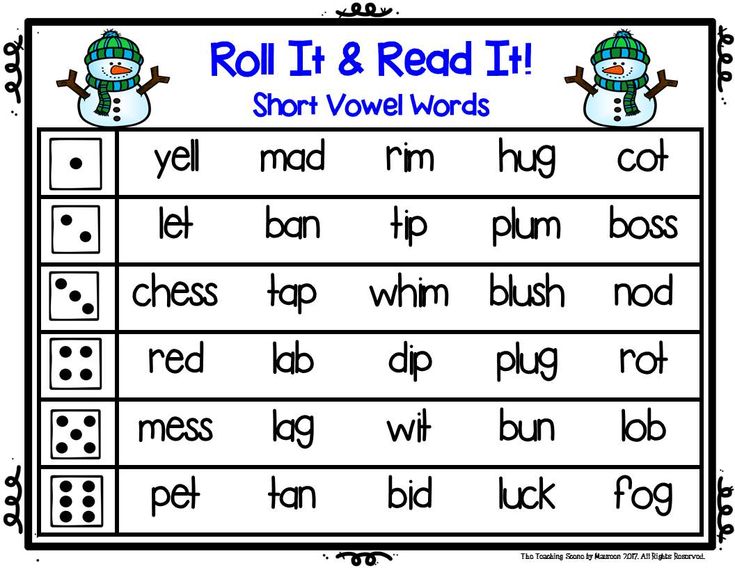 Yes, a colon is added to the long sound, but the main character is not the same - precisely in order to reflect the difference in the quality of the sound, and not just in its longitude. Here, however, there are several unpleasant nuances at once.
Yes, a colon is added to the long sound, but the main character is not the same - precisely in order to reflect the difference in the quality of the sound, and not just in its longitude. Here, however, there are several unpleasant nuances at once.
First, a lot depends on transcription. There are several systems of phonetic transcription. Here we are talking about IPA (International Phonetic Alphabet), the most authoritative system in the world and generally accepted in Russia. But even in the IPA, for the time being, both long and short English "and" - more precisely, their basis - were denoted by the same symbol.
Secondly, the degree of this qualitative difference itself varies greatly for different vowel pairs. For example, if the long "a" in "cart" is radically different from both "cut" and "cat" and "cot", then the difference between "pool" and "pull" is not so pronounced.
Thirdly, regional accents further confuse the situation (and there are hundreds of them in England alone).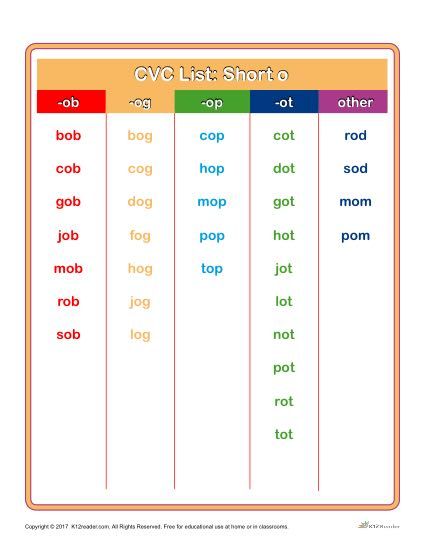 The Scots, for example, distinguish between "pool" and "pull" solely by context, that is, even the length of the sound they have in this pair is the same.
The Scots, for example, distinguish between "pool" and "pull" solely by context, that is, even the length of the sound they have in this pair is the same.
A look through the looking-glass: lax and tense
And what to do now? Look at the problem from the other side, from English! To be fair, the English also sometimes refer to their vowels as long and short. However, in more or less academic sources, vowels are divided not into long-short ones, but into "lax" and "tense", i.e. relaxed and tense. Now we will figure out what in this case relaxes and tenses.
Keep in mind that if you pronounce long and short vowels correctly, it will be much easier for you to distinguish them by ear. Now, the main reason for the problems and misunderstanding of English vowels is that we think of them as long and short. But how else to think about them, if they are long and short, you ask. “They told us about it at school,” right? Strictly speaking, the duration of "long" vowels can vary widely, so that even the term itself is not entirely accurate.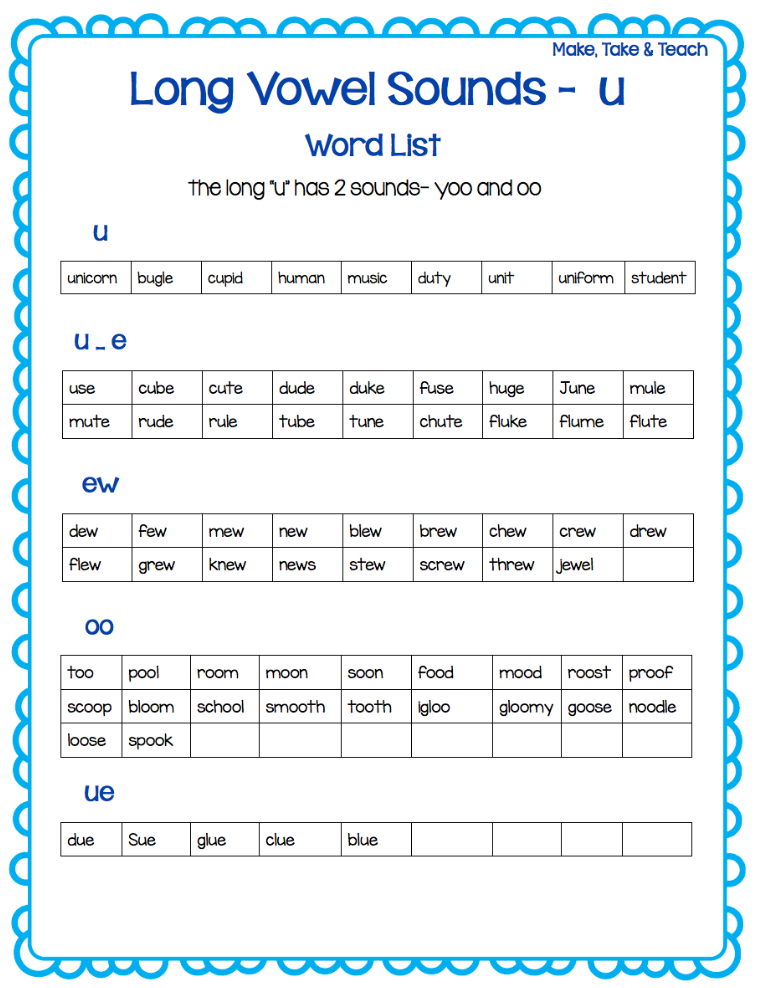 Much worse, however, is that we are trying to artificially lengthen or shorten these vowels. And folk wisdom says: if you have to imitate, then something is wrong.
Much worse, however, is that we are trying to artificially lengthen or shorten these vowels. And folk wisdom says: if you have to imitate, then something is wrong.
Bubbles and colors
We have already noted that the correct position of the tongue often automatically leads to the correct pronunciation. Developing this thought, the length or brevity of the vowel is an effect, not a cause.
So, the first thing to do is to bring the tongue into the correct position. The analogy with a hot potato in your mouth is appropriate, just place the potato not on the tip of the tongue, but closer to the root. Let me remind you that as much as this situation is unusual for us, it is just as natural for the British. That is, the tongue should be relaxed in this position (remembered about "lax"). Now imagine a bubble rising from the bottom of the lake. The sound made by the bursting bubble is as short as possible - bang! - as soon as it touches the surface of the water, the pressure inside the bubble instantly dissipates.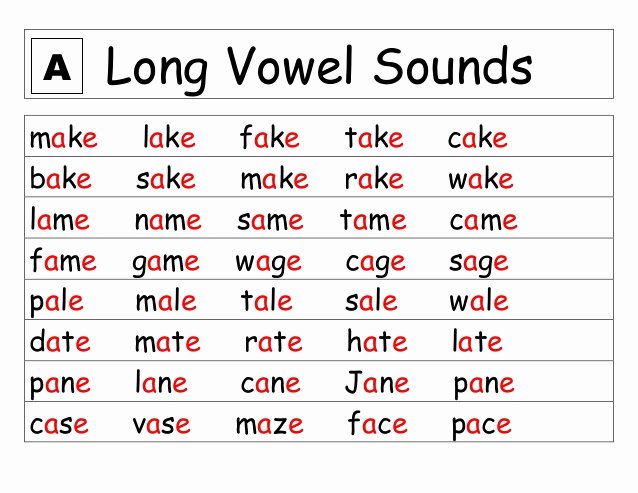 Short vowels are pronounced similarly - put, book, cut, bit, etc. To maintain the sound of such a vowel, no additional effort is applied - this is "lax".
Short vowels are pronounced similarly - put, book, cut, bit, etc. To maintain the sound of such a vowel, no additional effort is applied - this is "lax".
When pronouncing long vowels - on the contrary - air pressure on the ligaments maintains the sound for some time. In this case, at the root of the tongue you will feel a slight tension. These two moments are "tense". Thanks to them, the sound acquires a noticeably more pronounced character than that of short vowels. You can compare this to the color saturation of paints - "tense" colors are bright and saturated, while "lax" colors are closer to shades of gray.
Whoever seeks is always
Work on pronunciation is a search. We try to repeat what we hear this way and that, until one day we suddenly understand how this or that sound is actually pronounced and, most importantly, why. And so many times. Here I have offered you a little hint. Armed with it, start paying attention to how English vowels are pronounced by native speakers themselves, and be sure to try to repeat after them. And if you have any questions feel free to ask them in the comments. You can also subscribe to our English Pronunciation Course for free, which will greatly speed up your progress.
And if you have any questions feel free to ask them in the comments. You can also subscribe to our English Pronunciation Course for free, which will greatly speed up your progress.
The most beautiful and unusual words in the English language
Using words that are pleasant to the ear makes speech more melodic and smooth. Beautiful words attract attention, sometimes even imperceptibly to the listener. Many speakers try to use euphonious words in their speeches in order to hook the audience. Oddly enough, it always works. Therefore, beautiful English words have a place not only in fiction, but also in everyday speech.
Today we will talk about what words are considered beautiful in English, how they are translated and what they mean. As a bonus, we will learn unusual words that are used by foreigners in everyday speech and have no analogues in the Russian language.
Beautiful words in English with translation
Many foreign words sound beautiful and pleasant both for the native speakers themselves and for those who hear them from outside.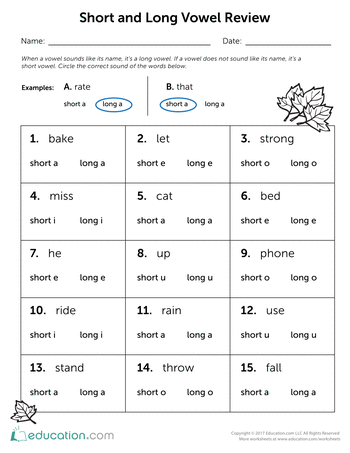 It is these mellifluous [meˈlɪfluəs] words, that is, mellifluous words, that we will study today.
It is these mellifluous [meˈlɪfluəs] words, that is, mellifluous words, that we will study today.
In 2004, over 40,000 people were surveyed to find out which English words they found most euphonious. The survey involved people for whom English is not their native language. Here are the 10 words that topped the list:
- Mother [ˈmʌðə(r)]
- Passion [ˈpæʃ(ə)n] - passion
- Smile [smʌɪl] - smile
- Love [lʌv] - love
- Eternity [ɪˈtɜː (r) nəti] - eternity
- Fantastic [fænˈtæstɪk] - fantastic
- Destiny [ˈdestini] - destiny
- Freedom [ˈfriːdəm] - freedom
- Liberty [ˈlɪbə(r)ti] - freedom
- Tranquility [trænˈkwɪlɪti] - tranquility
Later, Reader's Digest editor and renowned lexicologist Wilfred Funk did his own research to discover the most beautiful words in the English language. Interestingly, the list includes many words related to nature and wildlife.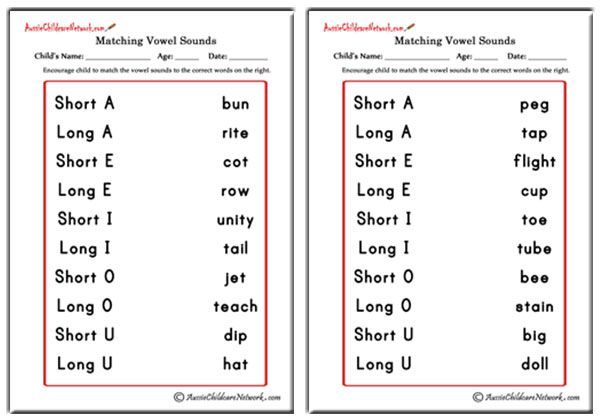 Here is his personal list:
Here is his personal list:
- Asphodel [ˈasfədɛl] - narcissus
- Fawn [fɔːn] - deer
- Dawn [dɔːn] - dawn
- Chalice [ˈtʃælɪs] - bowl
- Anemone [əˈneməni] - anemone
- Tranquil [ˈtraŋkwɪl] - calm
- Hush [hʌʃ] - silence
- Golden [ˈɡəʊld(ə)n] - golden
- Halcyon [ˈhælsiən] - serene
- Camellia [kəˈmiːliə] - camellia
- Bobolink [ˈbɒbəlɪŋk] - rice bird
- Thrush [θrʌʃ]
- Chimes [tʃaɪm] - chimes, chime
- Murmuring [ˈməːmərɪŋ] - murmuring, mumbling
- Lullaby [ˈlʌləbʌɪ] - lullaby
- Luminous [ˈluːmɪnəs] - luminous
- Damask [ˈdaməsk] - damask
- Cerulean [sɪˈruːlɪən] - azure
- Melody [ˈmɛlədi] - melody
- Marigold [ˈmærɪˌɡəʊld] - marigolds
- Jonquil [ˈdʒɒŋkwɪl] - narcissus, bright yellow canary
- Oriole [ˈɔːrɪəʊl] - Oriole
- Tendril [ˈtendrəl] — curl, tendril
- Myrrh [mɜː(r)] - myrrh
- Mignonette [ˌmɪnjəˈnɛt] - French lace
- Gossamer [ˈɡɒsəmə] - autumn gossamer
- Mist [mɪst] - haze
- Oleander [ˌəʊliˈændə(r)] - oleander
- Amaryllis [ˌaməˈrɪlɪs] - amaryllis
- Rosemary [ˈrəʊzməri] - rosemary
There are no exact criteria why this or that word can be considered beautiful.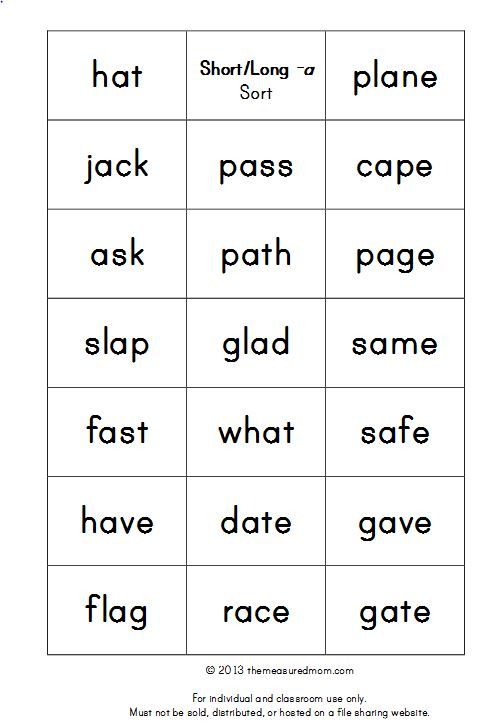 When choosing such words, one can be guided only by their pleasant sound, but not always by the meaning. Oddly enough, some words that sound great, when translated, do not mean the best things.
When choosing such words, one can be guided only by their pleasant sound, but not always by the meaning. Oddly enough, some words that sound great, when translated, do not mean the best things.
For example, the word rebellion [rɪˈbeljən] means rebellion or disobedience, and the sonorous word nefarious [nɪˈfɛːrɪəs] is translated into Russian as “low” or “vile”.
However, there are not many such words. In English, there are enough words that are beautiful to the ear, which are also translated exquisitely. Most of these sophisticated [səˈfɪstɪkeɪtɪd] words (refined words) are associated with universe [ˈjuːnɪvɜː(r)s] (universe) and other beautiful things that surround us.
- Aurora [ɔːˈrɔːrə] - northern lights
- Bumblebee [bʌmb(ə)lˌbiː] - bumblebee
- Butterfly [ˈbʌtə(r)ˌflaɪ] - butterfly
- Constellation [ˌkɒnstəˈleɪʃ(ə)n] - constellation
- Galaxy [ˈɡæləksi] - galaxy
- Meadow [ˈmɛdəʊ] - glade, meadow
- Sunshine [ˈsʌnˌʃaɪn] - sunlight, sun (as an appeal to a loved one)
- Sweetheart [ˈswiːthɑːt] - dear, beloved (appeal to a loved one)
In addition to concrete nouns, many abstract concepts in English are denoted by beautiful words.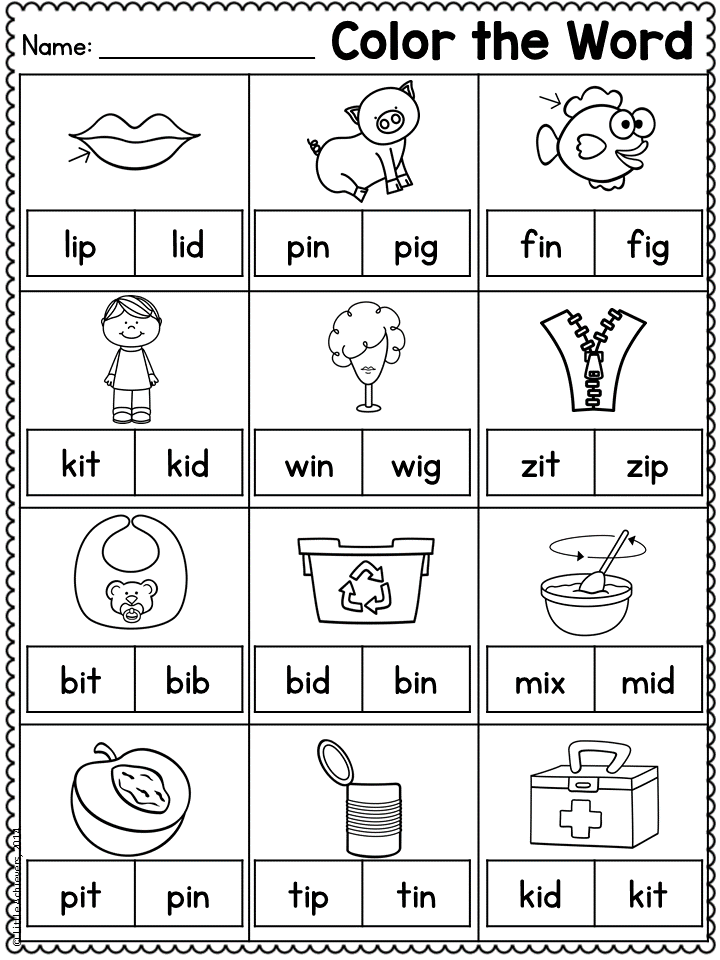 These words were coined during the evolution of man, his cultural development and improvement of the inner world. People wanted to express their multifaceted feelings in words, and sometimes they did it beautifully:
These words were coined during the evolution of man, his cultural development and improvement of the inner world. People wanted to express their multifaceted feelings in words, and sometimes they did it beautifully:
- Betrayal [bɪˈtreɪəl] - betrayal
- Behavior [bɪˈheɪvjə] - behavior
- Consequences [ˈkɒnsɪkwənsɪz] - consequences
- Delicacy [ˈdɛlɪkəsi] - sophistication
- Desire [dɪˈzaɪə(r)] - desire
- Eloquence [ˈɛləkwəns] - eloquence
- Epiphany [ɪˈpɪfəni] - moment of revelation, insight
- Faith [feɪθ] - faith
- Guilt [ɡɪlt] - wine
- Infinity [ɪnˈfɪnəti] - infinity
- Innuendo [ˌɪnjuˈendəʊ] - insinuation, allusion
- Inspiration [ˌɪnspəˈreɪʃ(ə)n] - inspiration
- Oblivion [əˈblɪvɪən] - oblivion
- Perfection [pə(r)ˈfekʃ(ə)n] - perfection
- Pronunciation [prəˌnʌnsiˈeɪʃ(ə)n] — pronunciation
- Reconciliation [ˌrɛk(ə)nsɪlɪˈeɪʃ(ə)n] — reconciliation
- Sadness [ˈsædnəs] - sadness
- Solitude [ˈsɒləˌtjuːd] - solitude, loneliness
- Success [səkˈsɛs] - success
One of the most beautiful phrases in English, according to the native speakers themselves, is cellar door [ˈselə dɔː], which translates as “door to the basement”.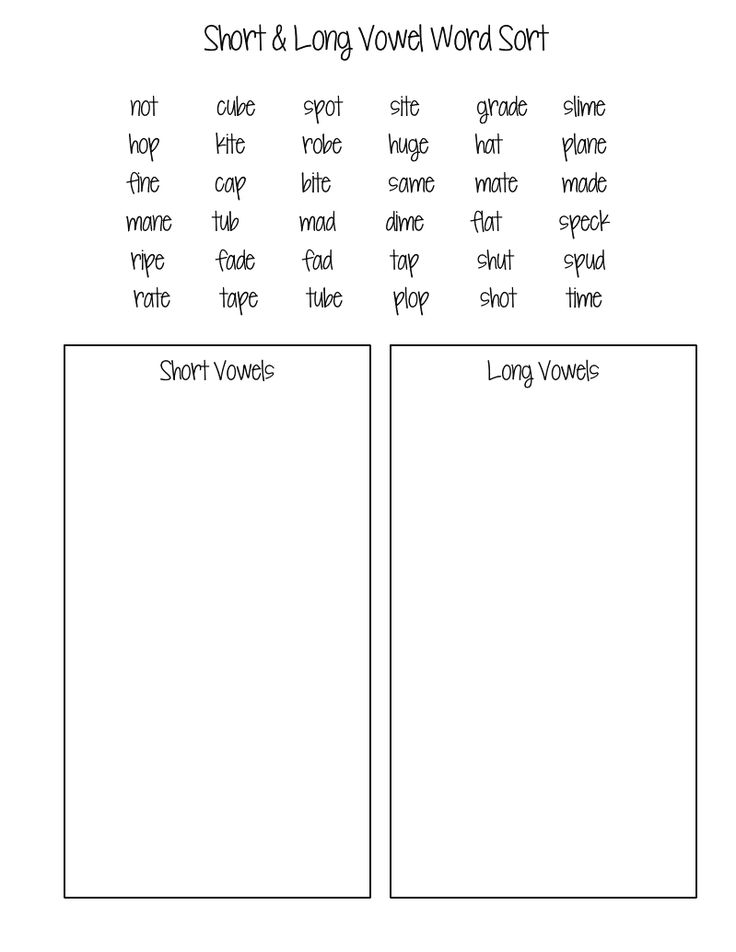 It is said that this was one of the favorite phrases of the writer Edgar Allan Poe, which he called "extremely musical."
It is said that this was one of the favorite phrases of the writer Edgar Allan Poe, which he called "extremely musical."
There are many words in the English language that convey a whole range of emotions or phenomena. The English often express their thoughts quite capaciously and the appearance of such words is not the most surprising phenomenon.
For example, in English there is a beautiful word phosphene [ˈfɒsfiːn], which means multi-colored circles in front of closed eyes when we press on them with our fingers.
There is also the word defenestration [ˌdiːfɛnɪˈstreɪʃ(ə)n], which is not translated literally, but means “the act of throwing someone or something out of a window”.
The word sonder [ˈsɔn.dər] means the moment when you realize that random passers-by have the same rich and complex life as you yourself.
Hiraeth [‘hiraɪθ] denotes a deep sense of homesickness and nostalgia for one's homeland. And somnambulist [sɒmˈnambjʊlɪst] is a sleepwalker, that is, a person who walks in his sleep.
And somnambulist [sɒmˈnambjʊlɪst] is a sleepwalker, that is, a person who walks in his sleep.
The word effervescence [ˌɛfəˈvɛs(ə)ns] can be translated into Russian as “effervescence” or “the process of release of gas bubbles from a liquid (champagne or soda)”. The beautiful word petrichor [ˈpɛtrʌɪkɔː] denotes the elusive smell of rain that is felt in the air. And a slight murmur or rustle can be expressed by the word susurrus [ˈsuːsərəs].
Borrowed from Spanish, duende [duːˈɛndeɪ] means the ability of a work of art to touch the human soul. But the word gezellig [ɣəˈzɛləx], which came into English from Dutch, means that indescribable feeling of warmth and comfort when you are close to loved ones.
One of the most famous loan words is doppelganger [ˈdɒp(ə)lˌɡæŋə(r)] is translated as a double. It appeared in English from German.
In English there is a word denouement [deɪˈnuːmɒ̃] borrowed from French.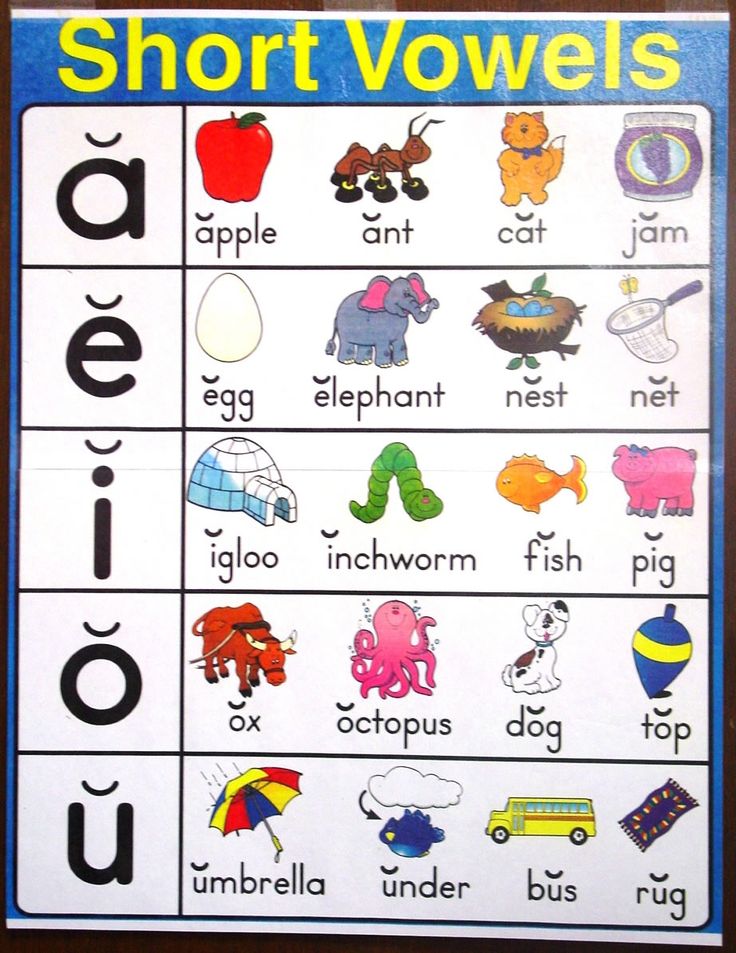 It denotes a denouement or outcome. In other words, completion.
It denotes a denouement or outcome. In other words, completion.
And of course, there are many sonorous (sonorous) adjectives in the English language. For example, the word ineffable [ɪnˈɛfəb(ə)l] means something big and great that cannot be expressed with suitable words. And ethereal [ɪˈθɪəriəl] is something unearthly, sublime, as if not from this world. Also, something unearthly or alien can be described by the word extraterrestrial [ˌɛkstrətəˈrɛstrɪəl] Other beautiful adjectives:
- Demure [dɪˈmjʊə(r)] – chaste
- Dissembling [dɪˈsɛmbəlɪŋ] - hypocritical, pretending
- Fabulous [ˈfæbjʊləs] - incredible
- Gorgeous [ˈɡɔː(r)dʒəs] - magnificent, beautiful
- Hilarious [hɪˈlɛːrɪəs] - hilarious
- Insatiable [ɪnˈseɪʃəb(ə)l] - insatiable
- Magnificent [maɡˈnɪfɪs(ə)nt] - magnificent, majestic
- Naive [nʌɪˈiːv] - naive
- Pure [pjʊə(r)] - pure, immaculate
- Sempiternal [ˌsɛmpɪˈtəːn(ə)l] - eternal
- Twinkling [ˈtwɪŋk (ə) lɪŋ] - flickering, sparkling
- Unbelievable [ˌʌnbɪˈliːvəb(ə)l] - incredible
- Wonderful [ˈwʌndə(r)f(ə)l] - wonderful, wonderful
Unusual words in English
Which word does not repeat any letter, and which long word has only one vowel? Find out below:
Almost (almost) - in this word, the letters are arranged in alphabetical order.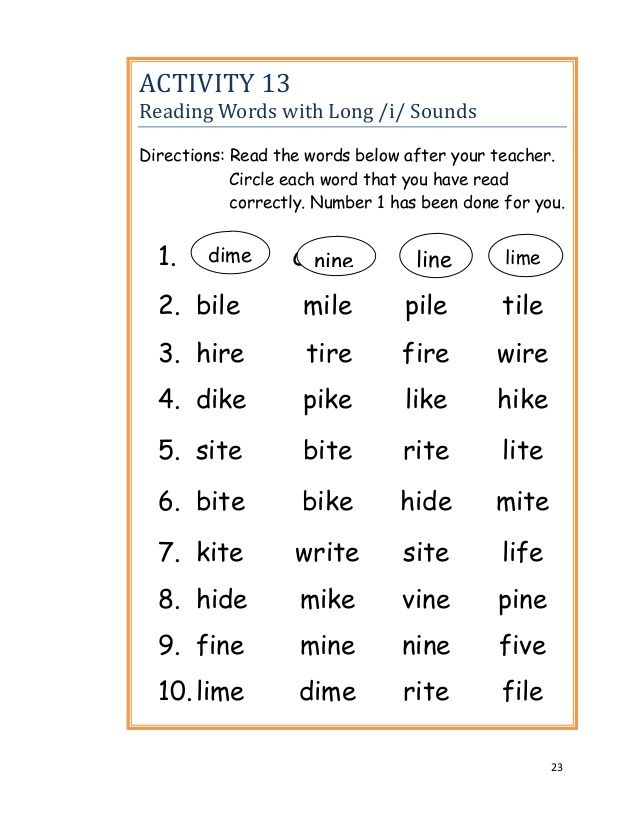 Also, as in the word aegilops, which means the aegilops plant.
Also, as in the word aegilops, which means the aegilops plant.
But in the word strengths (advantages, strengths) - only one vowel for eight consonants.
Word uncopyrightable does not repeat any letter. But in the word indivisibility (indivisibility) the vowel i is repeated as many as five times.
By the way, the longest word in English pneumonoultramicroscopicsilicovolcanoconiosis is related to medicine and has 45 letters. It was deliberately coined and in practice is replaced by the shorter word silicosis (silicosis), which means a lung disease caused by inhalation of dust particles containing silicon.
The English themselves joke when they ask what is the longest word in the English language. The correct answer is smiles (smiles). After all, from the first letter s to the last s - a whole mile (mile).
English words that are not in the Russian language
Cultural phenomena or bright character traits often give rise to new words. Such phrases are quickly borrowed around the world and find use in colloquial speech. Here is some of them:
Such phrases are quickly borrowed around the world and find use in colloquial speech. Here is some of them:
Coffee face (coffee face) - the face of a person who has not yet drunk coffee.
To computer face (computerized face) - make a focused and tense face, looking at the monitor screen so that other people think that you are very busy with work. Book hangover
First world problems (problems of the first world) - some difficulties experienced by a person in a developed society that would seem strange to people from third world countries. For example, unstable Wi-Fi or bad foam on a cappuccino.
iFinger is a finger that is left clean so that you can use your smartphone while eating.
Gloatgram (Hvastogram) is an account on the social network Instagram, in which the author uploads only photos from travels or moments of luxurious life to the envy of friends.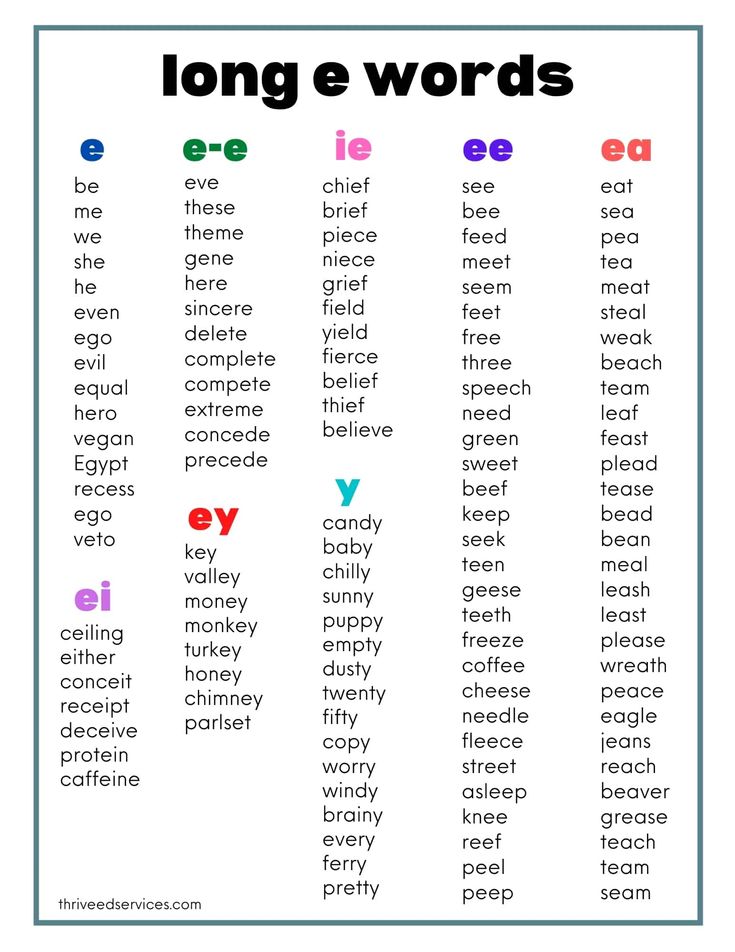
Like shock is a big surprise that your social media post got a huge number of likes.
Cyberchondriac (Cyberchondriac) - a person who finds symptoms of a disease in himself and begins to frantically search the Internet for information about them.
Baggravation - feeling of anxiety at the airport when the luggage of all passengers has already arrived, and yours has not yet left the transport belt.
Screenager is a teenager who spends most of his time on his smartphone or computer. A combination of the words teenager (teenager) and screen (screen).
Other words and phrases in English that are not in Russian
- Earworm (literally: earworm) is an obsessive melody or song that sounds in the head and is difficult to get rid of.
- Closet music (literally: music in the closet) is the music that we listen to alone and for some reason do not want our friends to know that we love it.
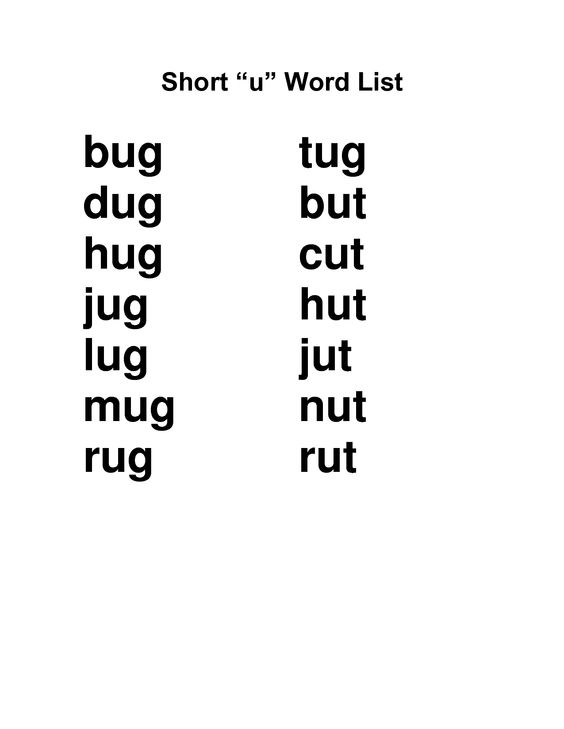
- Wallflower (literally: a flower against the wall) is a shy person who does not dance at a party.
- Refrigerator rights (literally: refrigerator rights) - this expression means a close relationship with someone.
- Football widow (literally: football widow) - this is the name of the wives whose husbands go headlong into watching football during important matches.
- Siblings is a common name for siblings. In Russian, we separate them by gender, but in English you can use one word.
- Grandparents - grandparents, also without reference to gender. Although the Russian language has the word "parents" (parents), we do not have a word for the general designation of grandparents.
- Serendipity - the ability of a person to draw deep conclusions from random observations. This word is also used as "happy accident". For example, in the sentence They found each other by pure serendipity (They found each other by a lucky chance).
